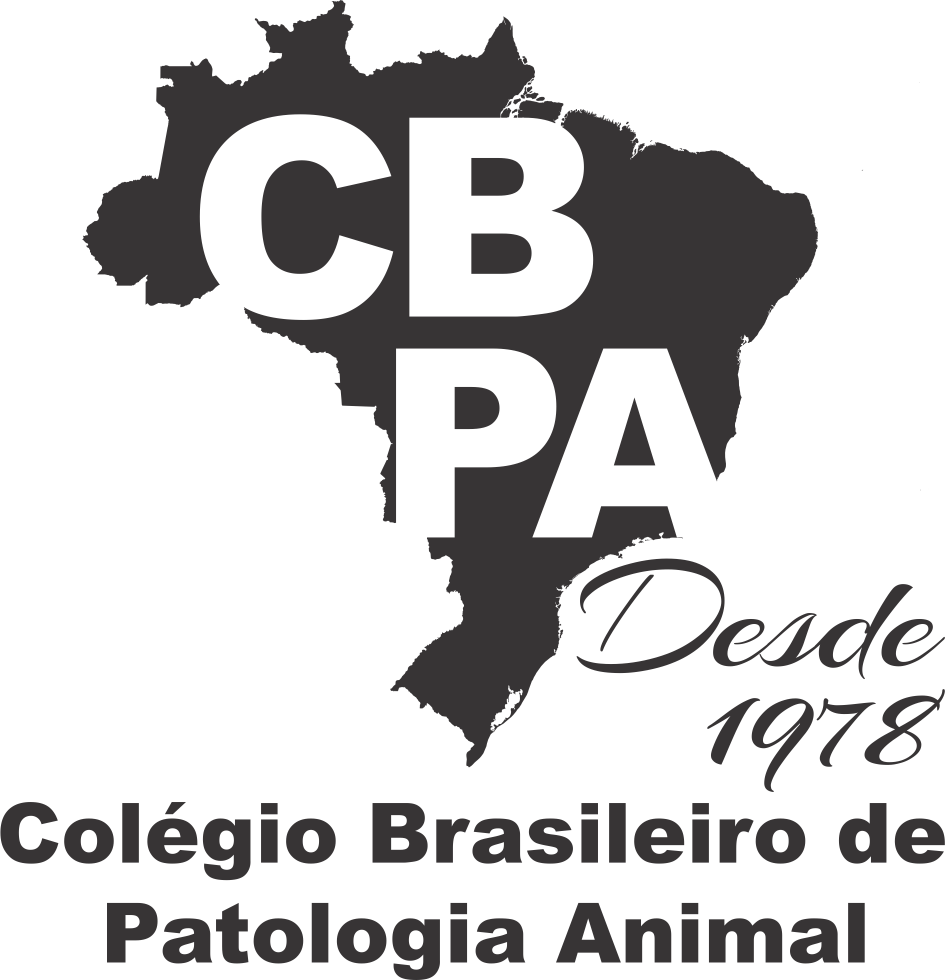Resultado da pesquisa (1)
Termo utilizado na pesquisa bacteriemi
#1 - Deep tissue culture and hemoculture in dogs with wounds and sepsis, 37(12):1483-1490
Abstract in English:
ABSTRACT.- Bahr Arias M.V., Padilha F.N. & Perugini M.R.E. 2017. Deep tissue culture and hemoculture in dogs with wounds and sepsis. Pesquisa Veterinária Brasileira 37(12):1483-1490. Departamento de Clínicas Veterinárias, Universidade Estadual de Londrina, Rodovia Celso Garcia Cid Km 380, Londrina, PR 86057-970, Brazil. E-mail: vicky@uel.br
Contaminated and infected wounds occur very frequently in veterinary medicine and can cause systemic inflammatory response syndrome, sepsis, and death. This study aimed to test the feasibility of collecting wound material by deep-tissue or punch biopsy for microbial culture, determine the frequency of bacteria in the wound(s) and blood cultures and the susceptibility of these microbes to antimicrobials, and evaluate clinical parameters that could be related to prognosis. Thirty dogs with wounds and signs of SIRS/sepsis were included in this study. Bacteria were isolated from all wounds and 41 bacterial isolates could be identified based on culture of the materials collected by punch biopsy; 53.66% of the isolates were gram-negative, mainly involving Pseudomonas aeruginosa, Klebsiella pneumoniae, and Enterococcus spp., and 46.34% were gram-positive bacteria such as Streptococcus spp., Enterococcus spp., and Staphylococcus spp. The survival rate was 66.67%. Based on blood culture analysis, we identified bacteremia in seven patients, predominantly of gram-negative bacteria, which negatively affected patient survival, as six dogs died. Hypoglycemia (≤60mg/dL) and severe hyperglycemia (≥180mg/dL) also negatively affected survival as 23.33% of the hypo/hyperglycemic dogs died. Factors such as blood lactate level at admission and hematocrit levels, and mean arterial pressure were not significantly correlated with death or survival of the dogs.
Abstract in Portuguese:
RESUMO.- Bahr Arias M.V., Padilha F.N. & Perugini M.R.E. 2017. Deep tissue culture and hemoculture in dogs with wounds and sepsis. [Cultura de tecido profundo e hemocultura em cães com feridas e sepse. Pesquisa Veterinária Brasileira 37(12):1483-1490. Departamento de Clínicas Veterinárias, Universidade Estadual de Londrina, Rodovia Celso Garcia Cid Km 380, Londrina, PR 86057-970, Brazil. E-mail: vicky@uel.br
As feridas contaminadas e infectadas em cães ocorrem com grande frequência na medicina veterinária e podem causar síndrome da resposta inflamatória sistêmica, sepse e morte. Os objetivos do presente trabalho foram verificar a viabilidade da técnica de coleta de material da ferida por biópsia para realização de cultura microbiana, determinar a frequência das bactérias nas culturas das feridas e hemoculturas e a susceptibilidade destes agentes aos antimicrobianos, bem como avaliar parâmetros clínicos que pudessem ser relacionados ao prognóstico em 30 cães com feridas e sinais de SIRS/sepse. Foram isoladas bactérias de todas as feridas e a técnica de coleta de material para cultura por biópsia permitiu a obtenção de 41 agentes microbianos, sendo isoladas 53,66% bactérias Gram negativas e 46,34% Gram positivas, principalmente Pseudomonas aeruginosa, Klebsiella pneumoniae e Enterococcus spp. As bactérias gram positivas isoladas foram Streptococcus spp., Enterococcus spp. e Staphylococcus spp. A taxa de sobrevivência foi 66,67%. Na hemocultura constatou-se bacteremia em sete pacientes, com predominância de bactérias Gram negativas, o que influenciou negativamente na sobrevivência dos pacientes, pois seis cães vieram a óbito. A hipoglicemia (≤60mg/dL) ou hiperglicemia severa (≥180mg/dL), também influenciaram negativamente a sobrevivência, pois 23,33% dos pacientes hipo/hiperglicêmicos vieram a óbito. Já fatores como nível sérico de lactato na admissão do paciente, pressão arterial média (PAM) e hematócrito não apresentaram correlação estatística com o óbito ou sobrevivência destes pacientes.








